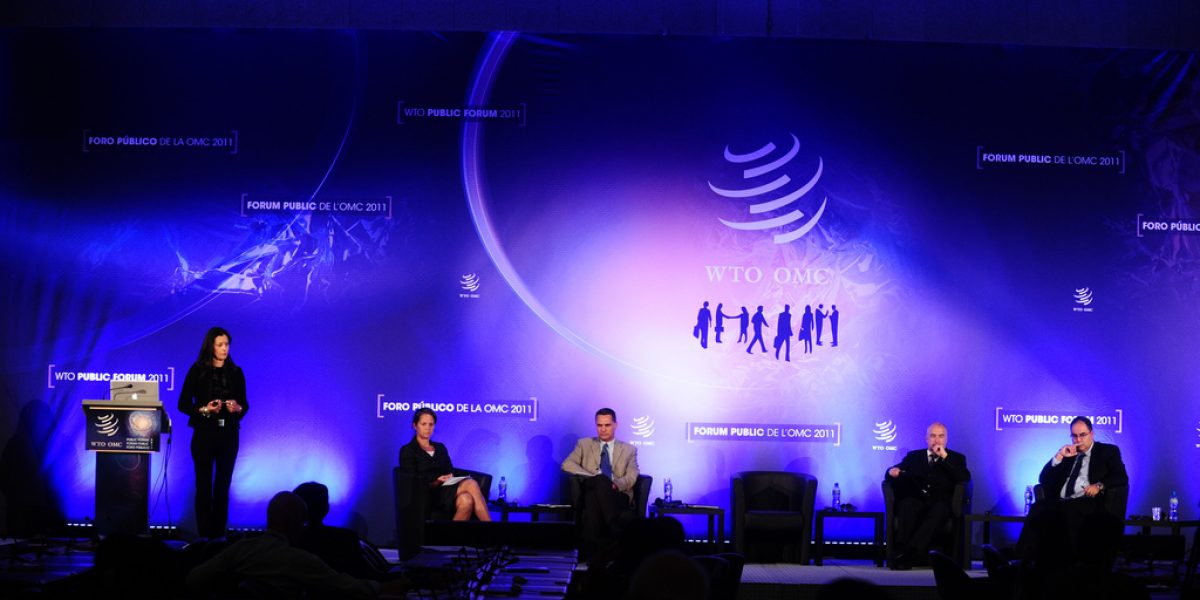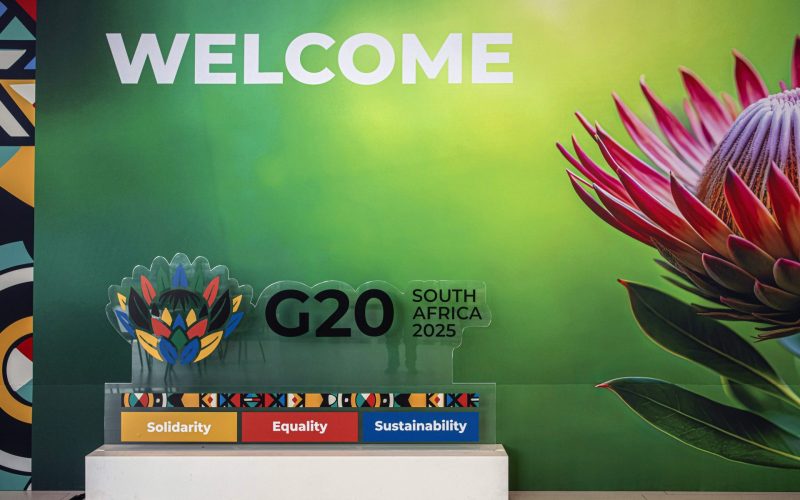This is mainly because many developing countries worry about losing “policy space” to supranational institutions or the “unaccountable bureaucrats in Geneva”, as US officials put it.
Yet the services sector plays a pivotal role in most economies. In SA, for example, it currently contributes more than 70% of gross domestic product and about 72% of formal-sector employment.
The availability, affordability and quality of key infrastructure services such as communication, transport, energy, construction and finance fundamentally influence a country’s trade competitiveness and its concomitant economic growth and human development.
Inefficiencies and inadequacies in the supply of these services cripples the capacity of many sub-Saharan African countries to produce products and services of sufficient quality and quantity to meet both the needs of domestic operators and export markets.
Addressing these challenges may require the opening of domestic markets to foreign competition through trade and investment. However, the golden rule for liberalising trade in services is that one’s house must be in order to reap the benefits.
Therefore, before engaging in all manner of trade liberalisation initiatives (multilateral, regional, bilateral and unilateral), there is a need for extensive national consultations involving the business sector, various ministries responsible for regulating services, civil society and nongovernmental organisations, aimed at assessing the implications of opening particular sectors.
In other words, a country must first make a careful assessment of its services needs and export interests and then decide which sectors to liberalise in order to address those needs.
Failure to do so often results in a country finding itself in a quandary when negotiating trade liberalisation issues at the WTO and regional negotiations.
This problem largely affects poor countries as they often make liberalisation commitments that are not in sync with their domestic economic growth policies.
Instead of domestic policies shaping their external engagements, the opposite happens. Hence the usual defensiveness and sense that things are being forced down their throats by powerful countries, especially while negotiating under the WTO’s General Agreement on Trade in Services.
With regard to assessing and understanding domestic growth challenges, SA seems to have put its right foot forward.
In February last year its most promising economic growth initiative, the Accelerated and Shared Growth Initiative of SA (AsgiSA), was launched.
AsgiSA was developed after consultations among various stakeholders and enjoys widespread stakeholder support.
Its objective is to halve unemployment and poverty by 2014 and it recognises that this can only be done if the country’s average economic growth consistently increases to about 6% by 2010.
Yet coming up with such a clearly articulated economic growth strategy is only a good first step. More needs to be done to align the agreed domestic economic policy strategies to SA’s overall trade policy or strategy.
Again the importance of the services sector cannot be over-emphasised. For instance, at least three of the six “binding” constraints to growth (which the initiative seeks to address) identified by the AsgiSA report concern the services sector and trade in services: inadequacies and efficiencies of the “national logistics system” (infrastructure services); shortages of suitably skilled labour (movement of natural persons); and barriers to entry, limits to competition and limited new investment opportunities (this is also true in services like telecommunications).
It should be noted that different services modes and sectors are interrelated and supportive of one another, such that the liberalisation of core infrastructure services would in most instances call for reforms in immigration policies to allow services providers to complement it.
This is because a shortage of human skills can cripple efforts to develop services sectors.
While SA’s recent efforts to increase its skills base are acknowledged, a lot still needs to be done to ensure immigration policy tallies with the AsgiSA vision. Long-term success requires effective engagement in global competition to attract needed talent.
Having identified these obstacles, it is now imperative for SA’s commitments in services trade liberalisation to reflect efforts to address its domestic needs.
AsgiSA can be promoted through more liberalisation in identified sectors in the WTO.
Such a process, however, should not be tied to the WTO, where most countries negotiate with a mercantilist mindset.
Other avenues such as unilateral liberalisation would perhaps best promote AsgiSA, but such reforms could then be locked in through WTO commitments.
Such a move would clearly offend the mercantilist spirit, which will see it as simply “giving” trade partners market access free, but it would push SA’s domestic agenda in a multilateral setting.







